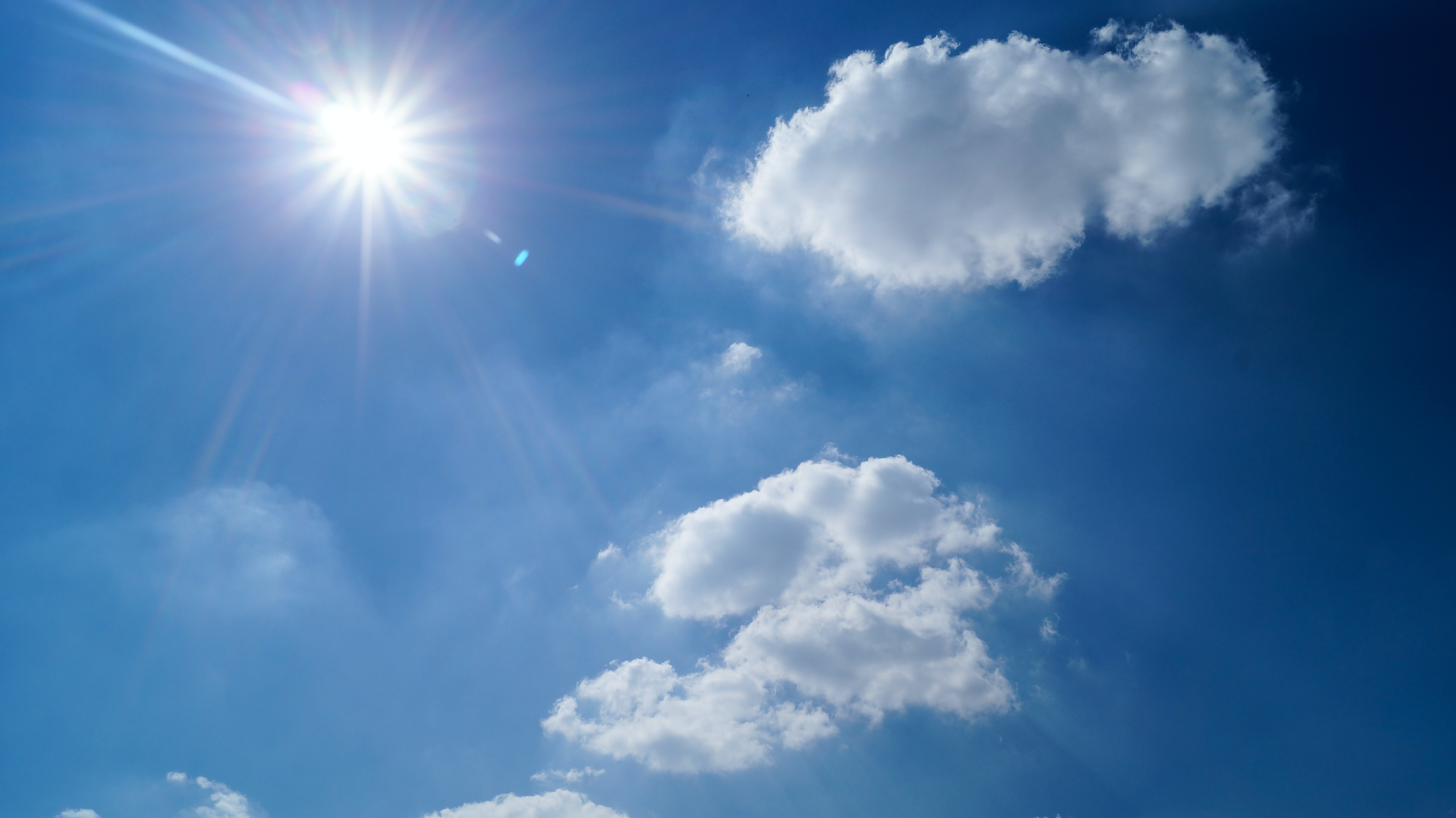
One day it’s snowing and 10 degrees. The next, it’s sunny and 70 degrees.
Drastic changes in weather mean oncoming migraines or headaches for some and can act as an early warning. But is there a correlation? Does the change in pressure impact headaches or other neurological conditions?
The answer is yes, according to Nebraska Medicine health care provider Elizabeth Hartman, MD, general neurology.
How weather changes affect headaches
The most common weather-related trigger is rapid changes in barometric pressure with storms. Barometric pressure, or the weight of the air, falls when the weather is humid and rises when it’s dry. When the barometric pressure changes, it can create pressure between the sinuses resulting in a chemical imbalance and headache. A shift in weather can worsen an existing headache or migraine.
For some, weather changes or weather-related triggers can also cause an imbalance in brain chemicals, such as serotonin, prompting a migraine. Other weather-related triggers include dry air, high humidity, wind, and sun glare. Bright sunlight or cloudy days and extreme temperatures can also be triggers.
Hormone fluctuations
In addition to weather changes, hormones impact headaches, especially in women. Estrogen fluctuations can cause headaches in women, referred to as menstrual migraines. These can occur around the onset of a period and may not respond as well to medications. For many women, migraines improve during pregnancy and substantially after menopause.
Migraines also run in families. Having one parent who suffers from migraines will increase someone’s chance of getting them by 50%.
Headache treatment
There are over 150 types of headaches, and all of them are treatable. Tension headaches are the most common and range from mild to moderate. Migraines occur in at least 1 in 10 people and can disrupt daily activities, sometimes worsening with light or sound.
Patients with migraines who feel triggered by the weather should talk to their doctor about their symptoms. Severe headache pain that doesn’t respond to over-the-counter medications requires a prescription.
Medication for migraines or headaches should be taken at the onset of symptoms. Patients can lessen the effects by:
- Drinking enough water
- Getting enough sleep
- Eating healthy foods
- Monitoring weather changes
- Avoiding triggers if possible
Keeping a headache or migraine journal can also help you see correlations between weather fluctuations and headache symptoms.
If you need help managing your headaches or migraines, schedule an appointment with the University Heath Center medical clinic by calling 402.472.5000.